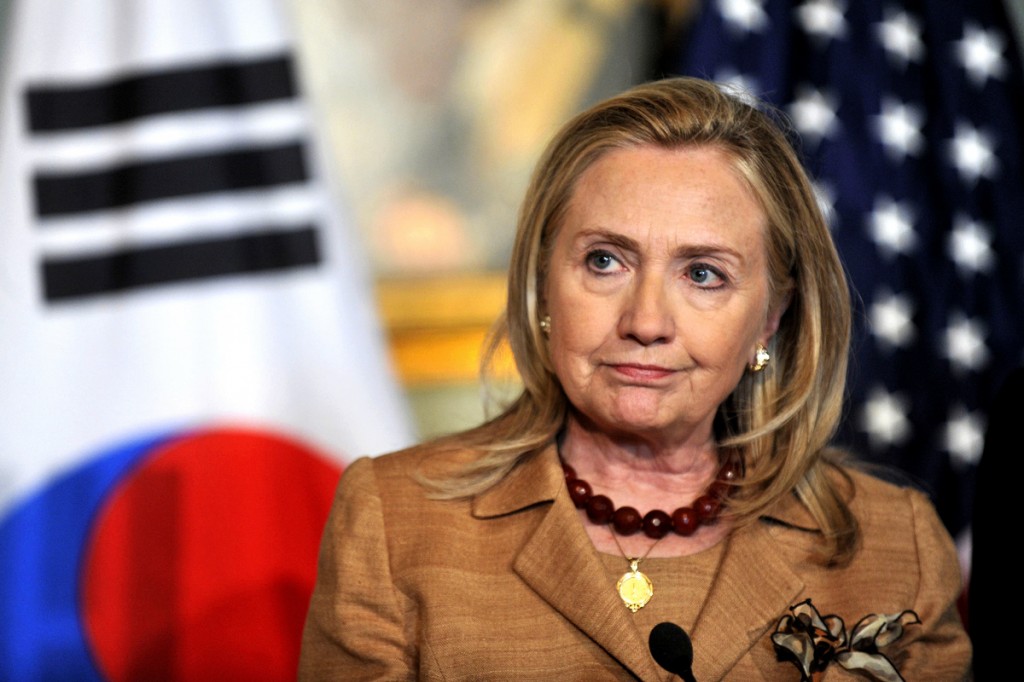The Provocative Comments Made by Hillary Clinton Will Not Hinder the Improvement of Sino-Japanese Relations
Hillary seems to have implied that America has taken its stand on this issue. For a long time, America’s attitudes have been quite ambiguous in order not to get involved in the conflicts between the two countries. However, what China has done recently makes America worry that wars might break out, which is why it sent an implication that America and Japan will cope with the issues in the sovereignty over the Diaoyu Islands through this talk — with a goal to contain China, let China restrain itself and thus prevent the situation from getting out of hand. However, if we want to be sure of what America’s stand is, we have to wait until Japanese Prime Minister Abe’s visit to America next month to draw our conclusion.
On the face of it, China has been appearing determined and acting tough, but this may not be the case. Some days ago, the People’s Liberation Army (PLA) General Staff Department published the “2013 Military Training Instructions,” demanding that the PLA be prepared to fight, which is why the outside world might relate this to the possibility of the two countries going to war. However, at the same time, China announced that it will restrain itself militarily. Does it mean that what China has been doing recently is nothing more than a demonstration?
China is still acting tough against Japan diplomatically, but it seems to be willing to amend diplomatic relations under the table.
Recently, the big figures in Japanese politics have kept visiting China. Last week former Prime Minister Yukio Hatoyama visited China by invitation of a Chinese academic group; another former prime minister, Tomiichi Murayama, and former Liberal Democratic Party (LDP) representative Koichi Kato also made their visits this month. Both China and Japan apparently are trying to improve the tense relationship bottom-up through the people.
During his visit to Thailand, Abe made clear again his wish to amend the Sino-Japanese relationship. Besides, Natsuo Yamaguchi, leader of the New Komeito Party, the coalition partner with the LDP, will also visit Beijing and hand in a letter by Abe to Xi Jinping, the General Secretary of the Communist Party. This indicates the continuous kindness Japan conveys.
Seen from the outside, there are increasingly more conflicts between China and Japan, but both have been increasing contact through non-governmental exchanges and communication to improve relations. Despite speculation by the outside world that war might break out between China and Japan, so far, both seem willing to solve the problems peacefully; the chances of initiating wars are very slim.

